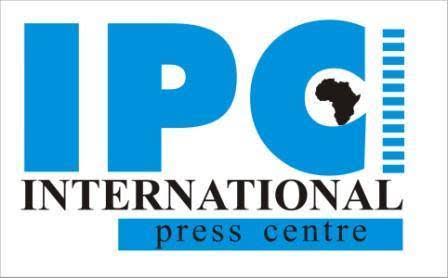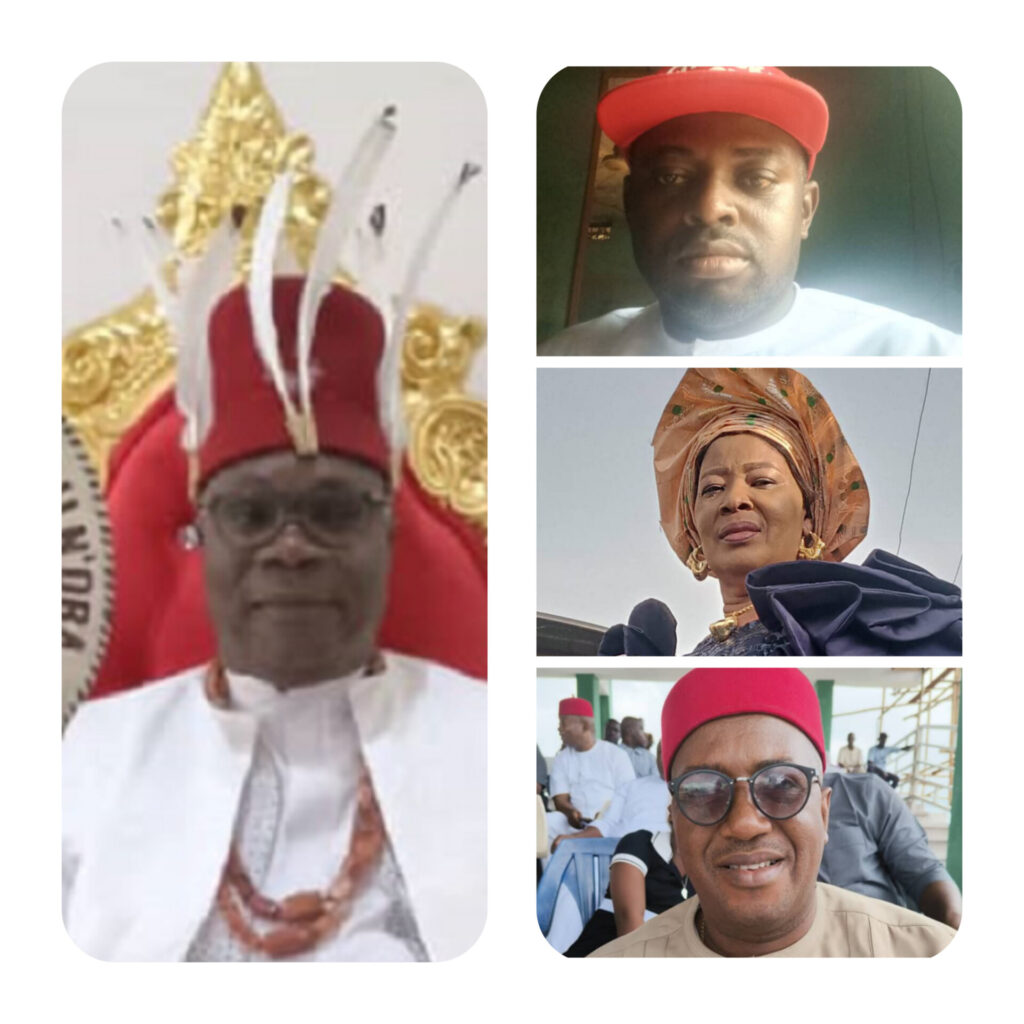IPC trains S’ East journalists on investigative health reporting in Enugu

Journalists based in the South East, officials of the International Press Centre (IPC) and some seasoned experts with adept awareness of the health sector in Nigeria locked themselves up in a hall in Enugu for two days.
They amassed to discuss a series of health issues in the country: the challenges and the roles journalists are anticipated to play at all times.
From different parts of the country, the participants, including the IPC officials and the resource persons converged on Enugu for the two-day media capacity building workshop.
According to the IPC’s Director, Lanre Arogundade, a total of 15 young and mid-career journalists from the print, online and broadcast media outlets based in the South-Eastern part of Nigeria were painstakingly selected for the workshop.
He said that the project sought to enhance the capacity of the media and younger generation of journalists to serve as effective catalysts of fundamental healthcare reforms as well as monitor government response and utilization of funds allocated to fight the COVID-19 pandemic and other health emergenciess.
To do justice to that, IPC assembled seasoned professionals with sound knowledge of the health sector in Nigeria to equip participants with hands-on skills to tackle issues of governance, accountability and transparency in the health sector and provide solutions to identified problems.
Welcoming the participants, IPC’s Programmes Manager, Stella Nwofia, disclosed that the workshop, second in the series, was supported by the US Consulate-General, Lagos-Nigeria under their Media in Health Care Accountability Project (MEHCAP).
She said that the programme was expected to train 45 young and mid-career journalists from the print, online and broadcast media outlets in the three geopolitical zones of South West, South-South and South East of the country.
“IPC is committed to upping the ante of the constitutional obligation imposed on the media to monitor governance and hold government accountable to the people which is pertinent to ensure healthcare sector accountability and service delivery because of the failures that COVID-19 have laid bare,” Nwofia said.
She said that the IPC’s desire was to improve the skills of the participants in the aforementioned areas, and perhaps much more, through the presentations by the eminent resource persons the organization had assembled.
Some of the resource persons at the workshop were Mrs. Moji Makanjuola and Mr Akin Jimoh, two respected personalities and seasoned professionals with adept knowledge of the health sector in Nigeria.
Makanjuola currently heads the International Society of Media in Public Health (as Executive Director) – a non-governmental organization devoted to mainstreaming the media as a potent tool to accelerate healthcare information and delivery in Nigeria and beyond, such that public health rights are pursued as human rights through dissemination of health information and advocacy in public health.
On his part, Jimoh is a leader in promoting science and public health journalism in Nigeria and across the African continent. He was the first news editor for the World Federation of Science Journalists’ website and played key roles as a mentor and anglophone coordinator (2009 – 2013) in the Science Journalism Cooperation (SjCOOP) project.
He founded Development Communications (DevComs) Network, a media development organisation in science and public health journalism based in Lagos.
Delivering a paper on the topic: Media as Effective Catalysts of Fundamental Healthcare Reforms – The COVID-19 Experience, Jimoh lamented that the Nigerian health sector has been plagued with inadequacies for decades, thereby leaving the upper and middle-class largely distrustful of the system and mostly reliant on medical tourism.
He, however, maintained that a good information system and technical skills, together with managerial skills, public relations and media role have been shown as an important guarantee for the progress in health system reforms.
On her part, Makanjuola who delivered a paper on the topic: Measuring and Evaluation as a Component of Investigative Journalism (an example in health and development), made it clear that investigative journalism was very crucial for development especially in the area of raising accountability power for development.
“However, to do it right or well, information derived from measuring and evaluation exercise is very important to do evidence based journalism or investigative journalism,” Makanjuola submitted.






